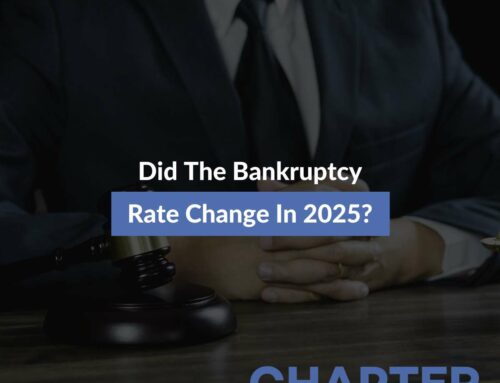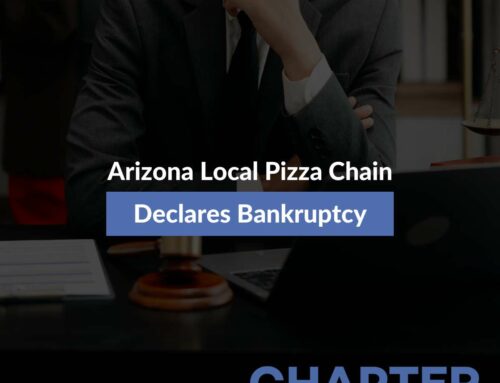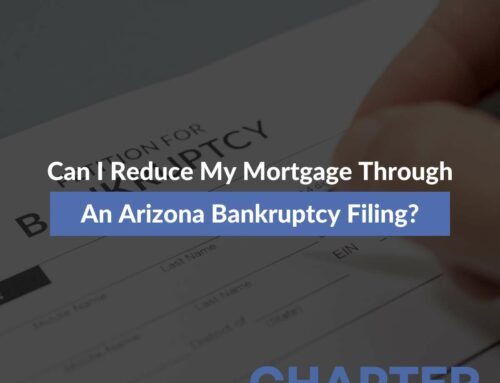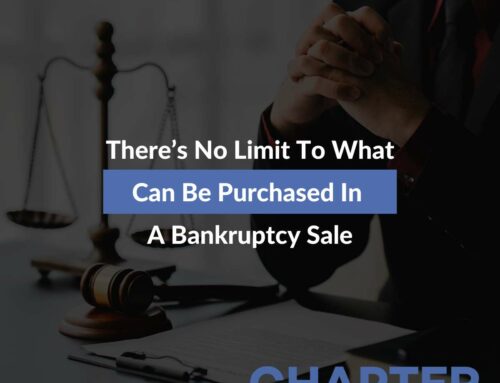What Happens With Child Tax Credit When Filing For Chapter 7 Or Chapter 13 Bankruptcy
Our Mesa Chapter Bankruptcy Lawyers in Arizona take a look at filing for bankruptcy protection and how it impacts your Child Tax Credit. Therefore, if you are considering declaring bankruptcy in Phoenix or Tucson, Arizona, make sure to read our Arizona Bankruptcy Blog for assistance.
Raising kids is expensive, and Congress has extended child tax credits to help out due to the Coronavirus pandemic. If you’re one of the millions of Americans who experienced financial setbacks during the pandemic, you may be highly anticipating these tax credits. But depending on your circumstances, additional tax credits may not be enough to help you get out of debt. If so, you may be in need of bankruptcy. But you may have heard that you will have to surrender possessions and tax credits to your bankruptcy trustee if you file bankruptcy. Read on to learn more about what will happen with your child tax credit if you file bankruptcy. If you have additional questions, call or use our online form to schedule your free consultation with one of our bankruptcy lawyers today.
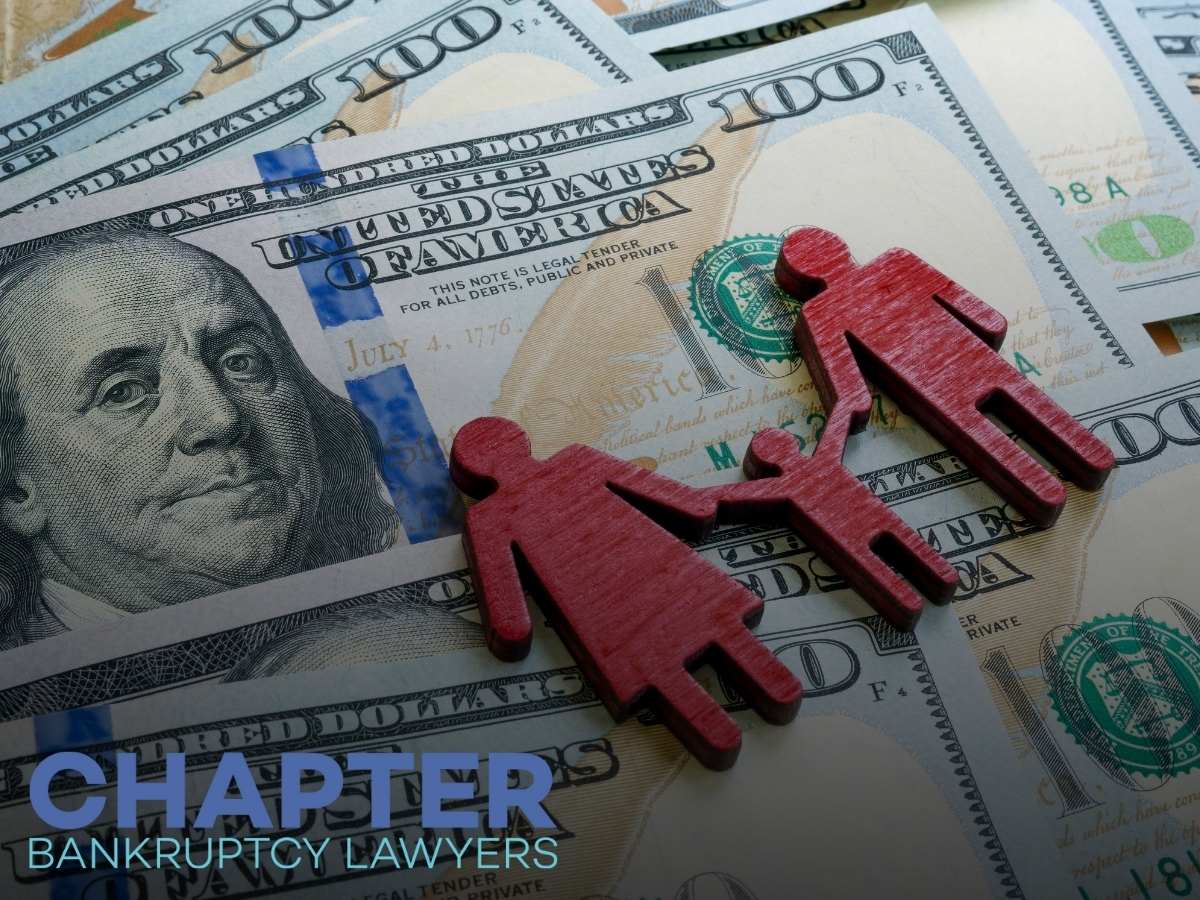
What Is The 2021 Child Tax Credit?
On March 11, 2021, Congress and the Biden Administration passed the American Rescue Plan Act of 2021, or the ARP. The ARP, which supplements the CARES Act of 2020, gives additional child tax credits as well as recovery rebates. Previously, the child tax credit was $2,000 per child. With the ARP, this increases to $3,000 per child. For any child under 6 years old, this is extended even further to $3,600. However, only individuals who make less than $75,000, or married couples who make less than $150,000, will enjoy the full benefits of the ARP. The ARP also allows qualified parents to advance up to 50% of their child tax credit. Eligibility for child tax credit advances began on July 15, 2021.
The recovery rebates provided by the ARP are extremely valuable as well. This extends another $1,400 payment for qualified individuals- the third round since the Coronavirus pandemic began. Married couples filing jointly will receive $2,800 in rebates. The income limits for recovery rebates are the same as for the child tax credits. The rebates phase out until income reaches $80,000 for an individual, and $160,000 for married couples.
What Happens To My Child Tax Credit If I File Chapter 7 Bankruptcy In Arizona?
Chapter 7 bankruptcy is the most common type of consumer bankruptcy in the United States. When you file Chapter 7 bankruptcy, all of your property must be protected by bankruptcy exemptions, including future payments received after your bankruptcy discharge. So it’s reasonable to be concerned about what will happen with your ARP tax credit should you file Chapter 7 bankruptcy. Your tax credit will not be included in your income calculations for Chapter 7 bankruptcy qualification purposes.
Like many other coronavirus-related payments, your child tax credits will generally be exempt if you file Chapter 7 bankruptcy. The bankruptcy courts recognize just how vital these funds can be to restoring a family that has struggled during the pandemic. That’s why, where other tax refunds may not be safe in a bankruptcy filing, the ARP credits will be protected. Even though your ARP tax credit will be protected, you should discuss the tax implications of filing bankruptcy with an experienced bankruptcy attorney before making the decision to file- especially if tax refunds are a major part of your annual financial planning.
What Happens To My Child Tax Credit If I File Chapter 13 Bankruptcy?
Chapter 13 is known as a wage earner’s bankruptcy, and the people who file under this chapter often have significant income. Just like Chapter 7 bankruptcy filers, those who file Chapter 13 don’t need to worry about the bankruptcy trustee taking back their child tax credits. But that’s not the only potential tax concern in a Chapter 13 bankruptcy filing. When you file Chapter 13 bankruptcy, you will need to calculate your disposable monthly income. This is the amount of money you actually have left each month after paying mandatory payments like your mortgage, child support, student loans, and more. Your disposable monthly income calculation is important because it lets the court know how much money you have available to pay off debts in your payment plan. Fortunately, the child tax credit refund won’t count as income for the purposes of your disposable monthly income calculation in a Chapter 13 bankruptcy. This includes if you take advantage of the 50% advance option.
What About Other Tax Refunds In Bankruptcy Filings In Arizona?
Regardless of additional credits due to the COVID-19 pandemic, tax refunds are often a top concern for bankruptcy filers. Many states have bank account exemptions that are too low to leave room for a tax refund. Chapter 7 bankruptcy filers must spend their tax refunds before filing bankruptcy. In these circumstances, it’s usually best to spend your refund on life necessities, rather than luxury purchases. Your trustee is less likely to take issue if you spend your tax refund on ordinary expenses, medical treatments, or even your bankruptcy attorney’s fees rather than impulse buys.
If you expect to receive your tax return after your Chapter 7 bankruptcy is filed, things will be more complicated. Your trustee can take a post-bankruptcy tax return that isn’t protected by an exemption, and many states don’t have exemptions that are applicable for future tax returns. If your refund is minimal, your trustee may not care about taking your future tax return. But your trustee also receives a portion of everything contributed to the bankruptcy estate, so they have a solid interest in making you surrender any unprotected assets. Your trustee will be entitled to a percentage of your return based on the month in which you file your bankruptcy. For example, if you file in January, the trustee would be entitled to 1/12, and if you filed in May, the trustee would be entitled to 5/12. Most bankruptcy filers find it preferable to plan their bankruptcy filings around their tax returns, but sometimes circumstances don’t allow for that waiting time. You should always discuss the tax implications of your bankruptcy filing with your chapter bankruptcy attorney.
Unfortunately, in most Chapter 13 cases, the trustee will take tax returns to contribute to the bankruptcy payment plan. Remember that the ARP tax credits are exempt from this rule. The rest of your refunds will generally be included in your plan, so you may want to consider changing your withholdings with your job to reduce the amount at stake. If you do so, do so before you file bankruptcy, as the trustee may not approve such a decision while the bankruptcy is active. Chapter 13 bankruptcies last 3 or 5 years, so there will be several tax refunds at stake.
Look Towards An Experienced Arizona Bankruptcy Attorney For Further Answers
When the additional ARP child tax credits will help out but aren’t quite enough, bankruptcy may be a solution to your financial issues. Regardless of if you expect to receive an ARP tax credit, the rest of your refunds could be at stake when you file bankruptcy. That’s why you should plan out your bankruptcy with an experienced bankruptcy attorney. Your attorney can spot potential issues in your case, including losing your tax refund. Our dedicated bankruptcy team offers high quality legal representation with affordable payment options. You may even qualify for our Zero Down Bankruptcy program. For more information, contact us or use our online form to schedule your free consultation today.
Chapter Bankruptcy Lawyers
Mesa Office
3707 E Southern Ave
Mesa, AZ 85206
Phone: 480-405-1010
Email: [email protected]
Tempe Office
4500 S Lakeshore Dr #300
Tempe, AZ 85282
Phone: 480-562-6145
Email: [email protected]


